10 Breastfeeding Supplements to Increase Milk Supply
For a new mother, having sufficient breast milk supply postpartum is essential as it ensures that the baby is getting essential nutrients that are required for his proper growth and development. If your breast milk supply is less, no doubt, you will be concerned. However, many effective lactation supplements can help increase your milk supply, and not all of these supplements come in the form of capsules.
If you’re a breastfeeding mother, your diet influences the quality and nutritional content of your breast milk. Most women are suggested to take galactagogues to increase their breast milk supply. Galactagogues are herbs, foods or medications that can be consumed to increase breast milk supply. They work best in women with low prolactin levels. Lactation supplements should only be used after consulting with a doctor.
What Are Lactation Supplements and How Do They Work?
Lactation supplements are products that help mothers produce more breast milk. They usually contain herbs or nutrients known as galactagogues. These ingredients are thought to boost milk production by increasing prolactin levels or supporting breast tissue health. Popular ingredients include fenugreek, blessed thistle, and fennel seed. Mothers often use these supplements to increase milk supply, if they’re having trouble making enough milk. It’s important to talk to a doctor before starting any supplement to make sure it’s safe and works well for you.
Lactation Supplements From a Bottle
These lactation supplements from a bottle can provide additional support for breastfeeding mothers seeking to enhance milk production and meet their infant’s nutritional needs.
1. Placenta Encapsulation and Whole-food Multivitamins
The human placenta contains progesterone and is now available as capsules in the market. As the amount of progesterone is increased in the bloodstream, the milk supply also increases. Consuming placenta capsules also has other benefits like increased iron levels, mood and hormone stabilisation, and feeling of well-being. It also prepares your body for breastfeeding. The dosage of capsules will depend on your health, your difficulties with milk supply, and your sleep. Whole-food multivitamin tablets will also make sure that your body gets the essential nutrients that will help improve the supply of breast milk.
2. Prescription Medication
Domperidone is a prescription drug taken for gastrointestinal disorders, but it also helps in boosting the breast milk supply. This must be used only under medical supervision. This is not recommended to women with a history of cardiac problems. Also, before taking this medication, inform your doctor about any other medication you are taking.
Metoclopramide is also a prescription drug that can be used to treat gastrointestinal disorders and for increasing the breast milk supply. It crosses the blood-brain barrier unlike domperidone but has certain side effects like drowsiness, restlessness, fatigue, and depression. Use of this medication might increase the feelings of depression in women who already feel vulnerable. Therefore, it should only be taken after consulting with a doctor.
3. Probiotics
Probiotics help with digestion as they are good bacteria that help the body absorb nutrients more efficiently. Healthy gut flora helps in boosting breast milk production and is also necessary for your overall well-being. You will be able to find probiotic capsules at the local pharmacy, and you can take them as directed on the package. However, there is no harm in consulting with a doctor before taking probiotics.
4. Cod Liver Oil
Cod liver oil has been found to benefit both infants and the breastfeeding mother as they contain good amounts of omega-3 fatty acids and vitamin D. Omega-3 fatty acids help in brain development of the baby and in increasing breast milk production. These capsules should be taken as directed on the bottle.
Lactation Supplements From Herbs and Food
There are many herbs and foods that can assist in increasing your breast milk supply. Following are the herbs and foods you can include in your diet to increase your breast milk supply.
1. Organic Quinoa and Oats
Quinoa is a grain-like seed that is rich in protein and contains all the eight essential amino acids. It contains saponins, which the body uses as precursors for hormone production, including pituitary hormones that help in stimulating lactation. Quinoa is also a rich source of Vitamin E, potassium, selenium, zinc, magnesium, iron, riboflavin, and folate.
Oatmeal is high in fibre and is a great source of iron. For breastfeeding mothers, a bowl of oatmeal with flaxseed, cinnamon, dried berries, and walnuts is an excellent way to start the day. Oatmeal contains saponins that have antibiotic effects. A bowl of oatmeal per day will ensure a steady breast milk supply.
2. Beetroot Leaves and Spinach
Spinach and beet leaves are excellent sources of iron, calcium, and vitamins and help increase breast milk supply. Eating beetroot can keep your haemoglobin levels stable and replenish the essential minerals in your body. Thus, beets are nourishing for anaemic mothers. Beets and spinach also contain detoxifying agents and provide strength to the mother and baby. Certain plant chemicals are also found in spinach that will help prevent breast cancer.
3. Protein
Protein is essential for development and growth. When you are lactating, your body produces breast milk by using the protein you consume. The easiest way to make sure that you have enough amount of protein in your diet is by having a protein and carbohydrate-rich snack during every nursing session. Whole food sources such as grass-fed animal protein, nuts and seeds, hemp seeds, lentils, and legumes can also increase your breast milk supply.
4. Green Papaya
Green papaya is a galactagogue that is known for its vitamins, enzymes, and minerals. It is especially rich in Vitamins A and C. One small green papaya has around 100 milligrams of vitamin C. The recommended dietary allowance of Vitamin C for women who are lactating is only between 115 to 120 mg per day. Since green papaya is unripe, you can simmer it until the fruit is soft enough to be consumed. Green papaya helps increase the production of oxytocin which thus further enhances the milk production in women.
5. Alfalfa
Alfalfa is a herb belonging to the pea family. Its scientific name is Medicago sativa. It is safe and non-toxic for both the mother and the baby and is known to increase breast milk production. Excessive consumption of alfalfa can cause diarrhoea in both the infant and the breastfeeding mom. So, talk to your doctor before including it in your diet to enhance lactation.
6. Fenugreek and Sesame Seeds
Fenugreek is a well-known galactagogue in Ayurveda that has been used to increase breast milk supply since ancient times. Fenugreek seeds contain hormone precursors that can help increase in milk supply. However, fenugreek is not for everybody. In some women, they might cause aggravated asthma symptoms and might rapidly lower blood glucose levels in women with diabetes. So, talk to your doctor before including fenugreek in your diet.
Sesame seeds are loaded with minerals like copper, manganese, iron, calcium, phosphorus, and zinc and also serve as an effective galactagogue.
Side Effects and Safety Precautions
Using lactation supplements during breastfeeding can be helpful but requires careful consideration due to possible side effects and safety concerns. These supplements can cause digestive problems like gas, bloating, or diarrhea. They might also interact with medications, so it’s important to talk to your doctor before using them, especially if you’re taking other medicines. If you have allergies, check the supplement ingredients for allergens like fenugreek or certain herbs. Choose supplements to boost milk supply from trusted brands with clear ingredient lists and safety labels. Start with a small dose to see how your body reacts, and follow the recommended usage instructions closely. If you experience any worrisome symptoms, stop using the supplements and seek medical advice promptly to address any issues.
Alternatives to Breastfeeding Supplements
While breastfeeding supplements can be helpful, many mothers may prefer exploring natural alternatives to support lactation. These methods focus on lifestyle adjustments and dietary choices that can enhance milk production and promote a positive breastfeeding experience.
- Eating a well-balanced diet is crucial for breastfeeding mothers. Include plenty of fruits, vegetables, whole grains, and lean proteins to provide essential nutrients. Foods rich in omega-3 fatty acids, such as salmon and flaxseeds, can also support milk production.
- Staying well-hydrated is important for maintaining milk supply. Aim to drink plenty of water throughout the day, as dehydration can affect milk production.
- Proper breastfeeding techniques, including ensuring a good latch and frequent nursing sessions, help stimulate milk production. Skin-to-skin contact with your baby can also encourage milk flow and strengthen the bond between mother and child.
- Getting adequate rest and managing stress levels are crucial for lactating mothers. Stress can interfere with milk letdown, so practicing relaxation techniques such as deep breathing, meditation, or gentle exercise can be beneficial.
- Certain herbal teas, such as fenugreek, fennel, and blessed thistle, are believed to have lactation-enhancing properties. Drinking these teas in moderation can support milk production, but it’s advisable to consult with a healthcare provider before using them regularly.
- Oats are a known galactagogue, meaning they can help increase milk supply. Incorporating oatmeal into your breakfast routine is a delicious and nutritious way to support lactation.
- Foods like almonds, garlic, and brewer’s yeast are considered galactagogues, which stimulate milk production. Including these foods in your diet can contribute to maintaining a healthy milk supply.
- Consulting with a lactation consultant or breastfeeding specialist can provide personalized advice and support. They can assess breastfeeding techniques, address concerns, and offer guidance on optimizing milk supply.
- Establishing a regular pumping routine can help maintain milk production and build a freezer stash of breast milk. Pumping after breastfeeding sessions or at consistent intervals throughout the day can signal the body to produce more milk.
FAQs
1. Can lactation supplements cause breast engorgement?
Lactation supplements are generally used to support milk production rather than directly causing breast engorgement. However, if a supplement significantly increases milk supply beyond what the baby consumes, it could contribute to engorgement. It’s important to monitor milk production closely and adjust supplement usage as needed.
2. Do lactation supplements affect the taste of breast milk?
Some mothers may notice a slight change in the taste of their breast milk when taking certain supplements. This can happen particularly with herbs like fenugreek or blessed thistle. While most babies continue to breastfeed without issue, some may exhibit preferences or changes in feeding behavior. Consulting a lactation consultant or pediatrician can provide guidance on managing any taste-related concerns.
3. Are there specific times during breastfeeding when supplements are most effective?
The effectiveness of lactation supplements can vary based on individual factors such as hormone levels, breastfeeding frequency, and overall health. Some supplements may work better if taken consistently throughout the breastfeeding journey, while others may be more effective during periods of low milk supply or increased breastfeeding demand. Discussing timing and usage with a healthcare provider can help optimize the benefits of lactation supplements.
This was all about supplements to help with breast milk production. You could also try other foods that are nutrient-rich, like eggs or hummus. You can have them in breakfast as these foods will keep your energy levels up and help improve the nutrient content of your breast milk. Include plenty of fresh fruits, whole grains, vegetables, dairy, lean meats, and enough water in your diet when you are breastfeeding. And before that, consult with your doctor to determine which lactation supplement is right for you.
References/Resources:
1. Why To Be Wary of Lactation Supplements To Increase Breast Milk Supply; Cleveland Clinic; https://health.clevelandclinic.org/lactation-supplements-to-increase-milk-supply
2. How to increase your milk supply; La Leche League GB; https://laleche.org.uk/how-to-increase-your-milk-supply/
3. Ryan. R, Hepworth. A, Lyndon. A, Bihuniak. J; Use of Galactagogues to Increase Milk Production Among Breastfeeding Mothers in the United States: A Descriptive Study; Journey of the Academy of Nutrition and Dietetics; https://www.jandonline.org/article/S2212-2672(23)00279-4/fulltext; September 2023
4. Foong. S, Tan. M, Foong. W, Marasco. L, et. al.; Oral galactagogues (natural therapies or drugs) for increasing breast milk production in mothers of non‐hospitalised term infants; Cochrane Library; https://www.cochranelibrary.com/cdsr/doi/10.1002/14651858.CD011505.pub2/full; May 2020
5. McBride. G, Stevenson. R, Zizzo. G, et. al.; Use and experiences of galactagogues while breastfeeding among Australian women; PLoS One; https://journals.plos.org/plosone/article?id=10.1371/journal.pone.0254049; July 2021
Also Read:
Shatavari Intake for Lactation
Consuming Brewer’s Yeast for Lactation
Lactation Cookies – Benefits and Recipes
Supplementing Breastfeeding with Formula
Was This Article Helpful?
Parenting is a huge responsibility, for you as a caregiver, but also for us as a parenting content platform. We understand that and take our responsibility of creating credible content seriously. FirstCry Parenting articles are written and published only after extensive research using factually sound references to deliver quality content that is accurate, validated by experts, and completely reliable. To understand how we go about creating content that is credible, read our editorial policy here.






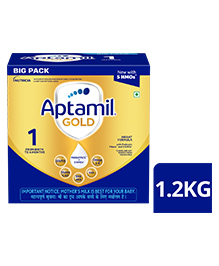
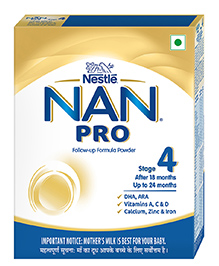
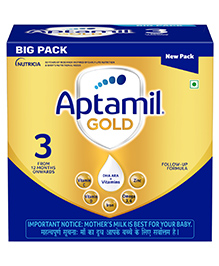
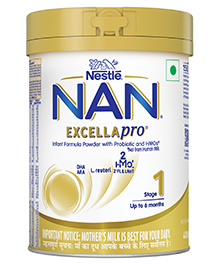
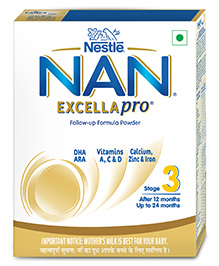
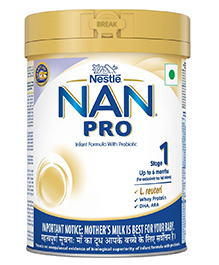
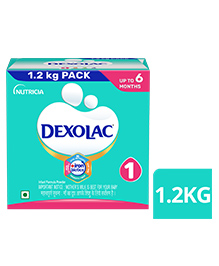
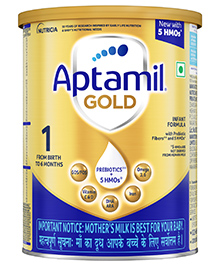
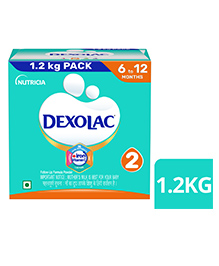
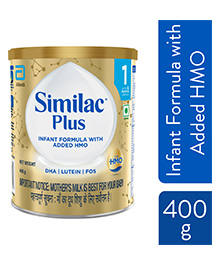
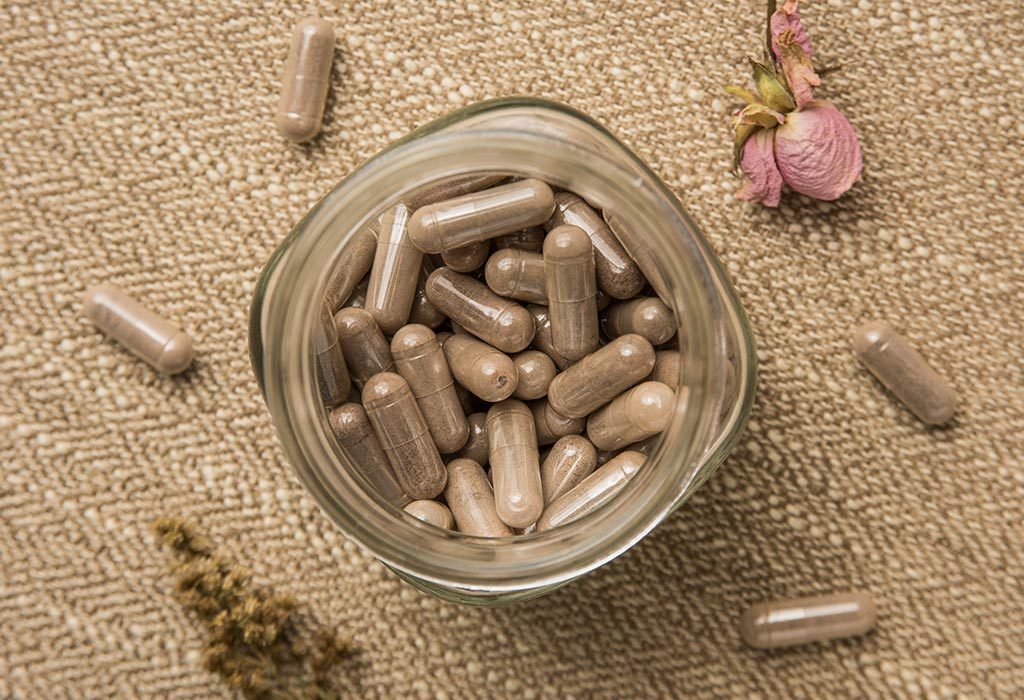
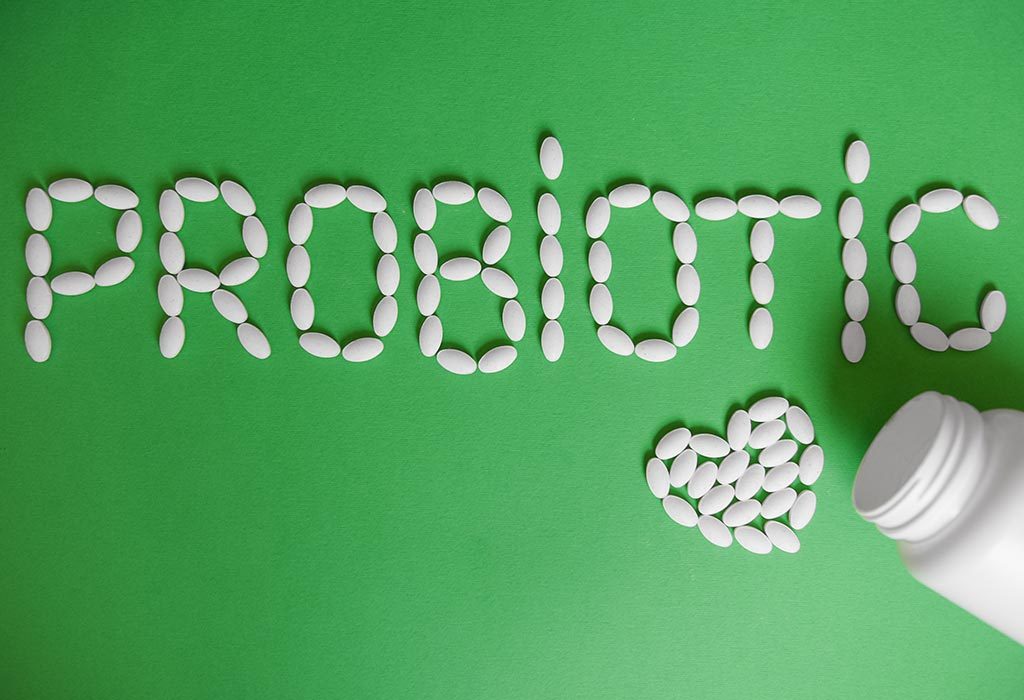
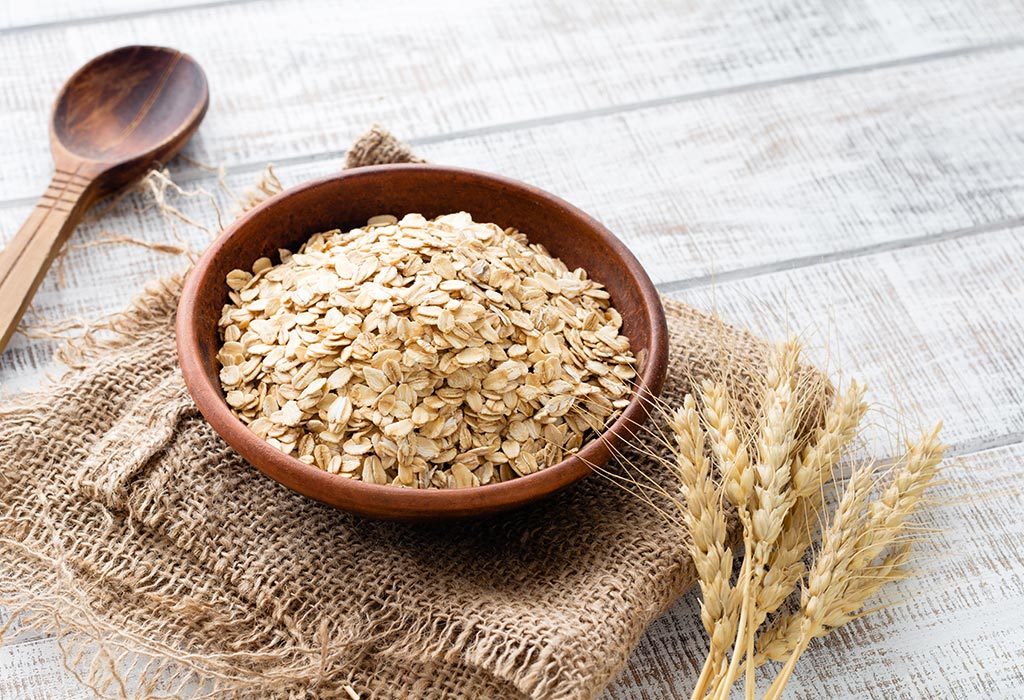
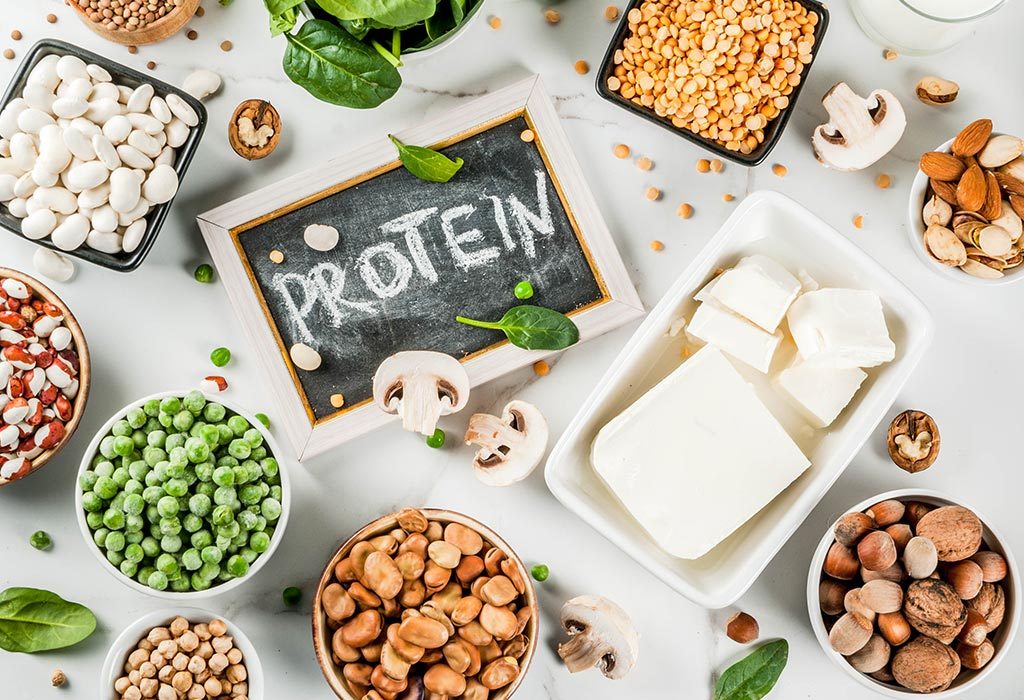
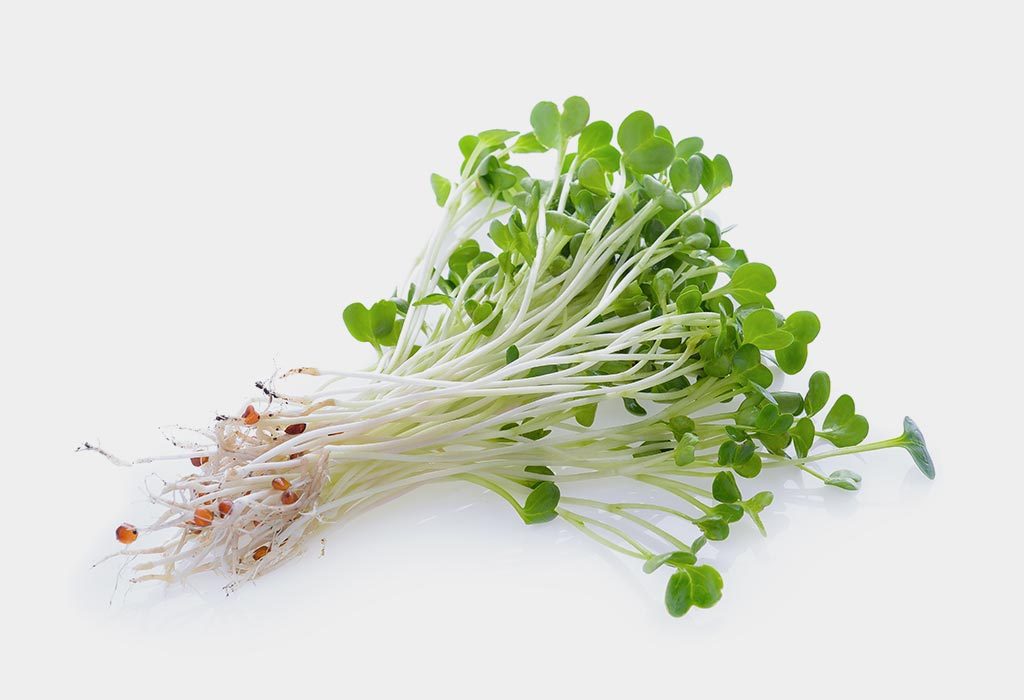







.svg)


















